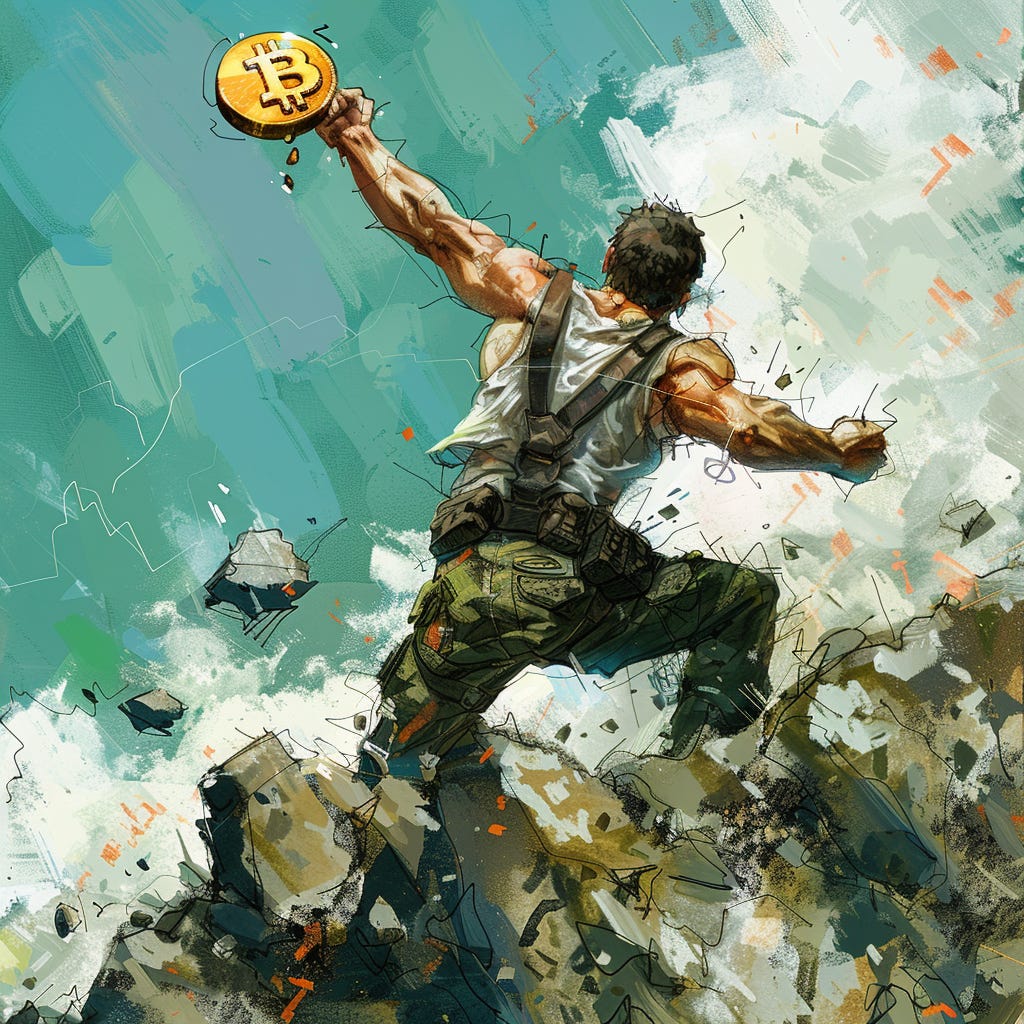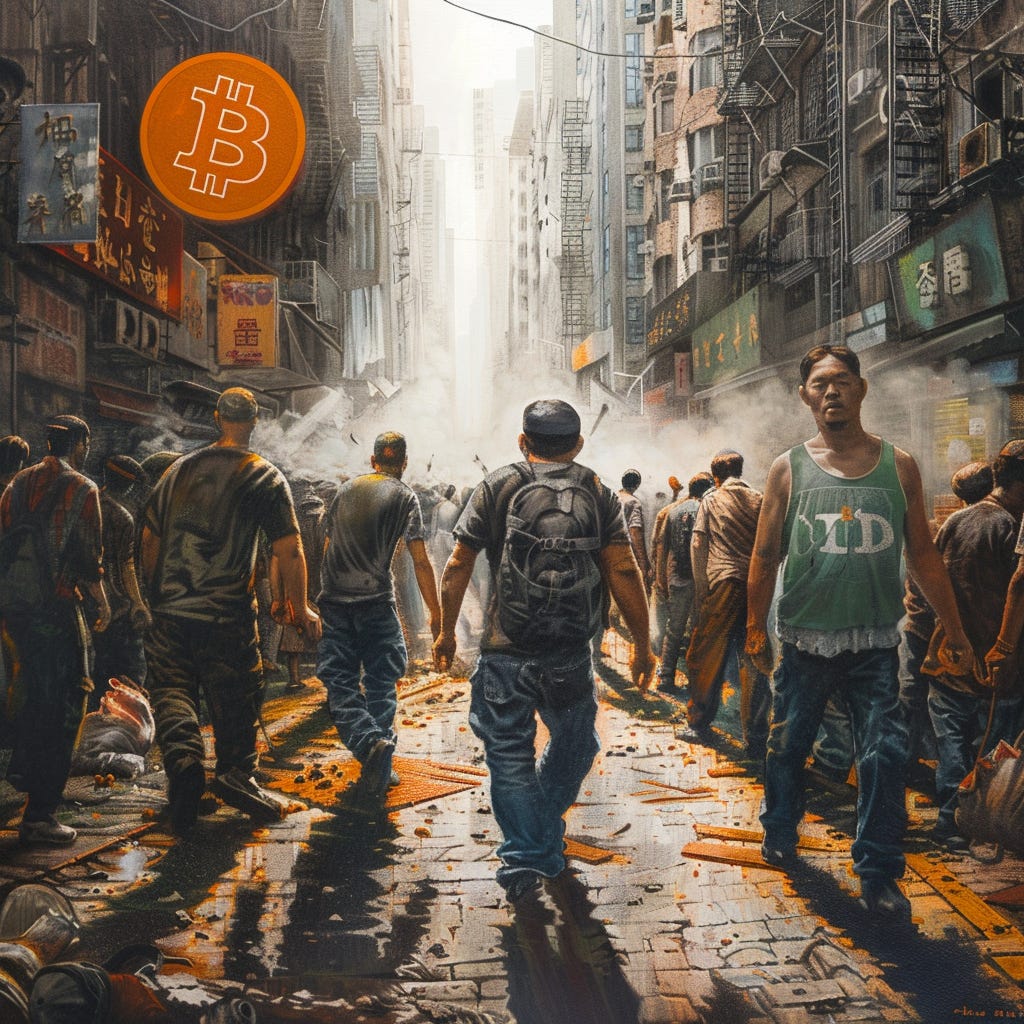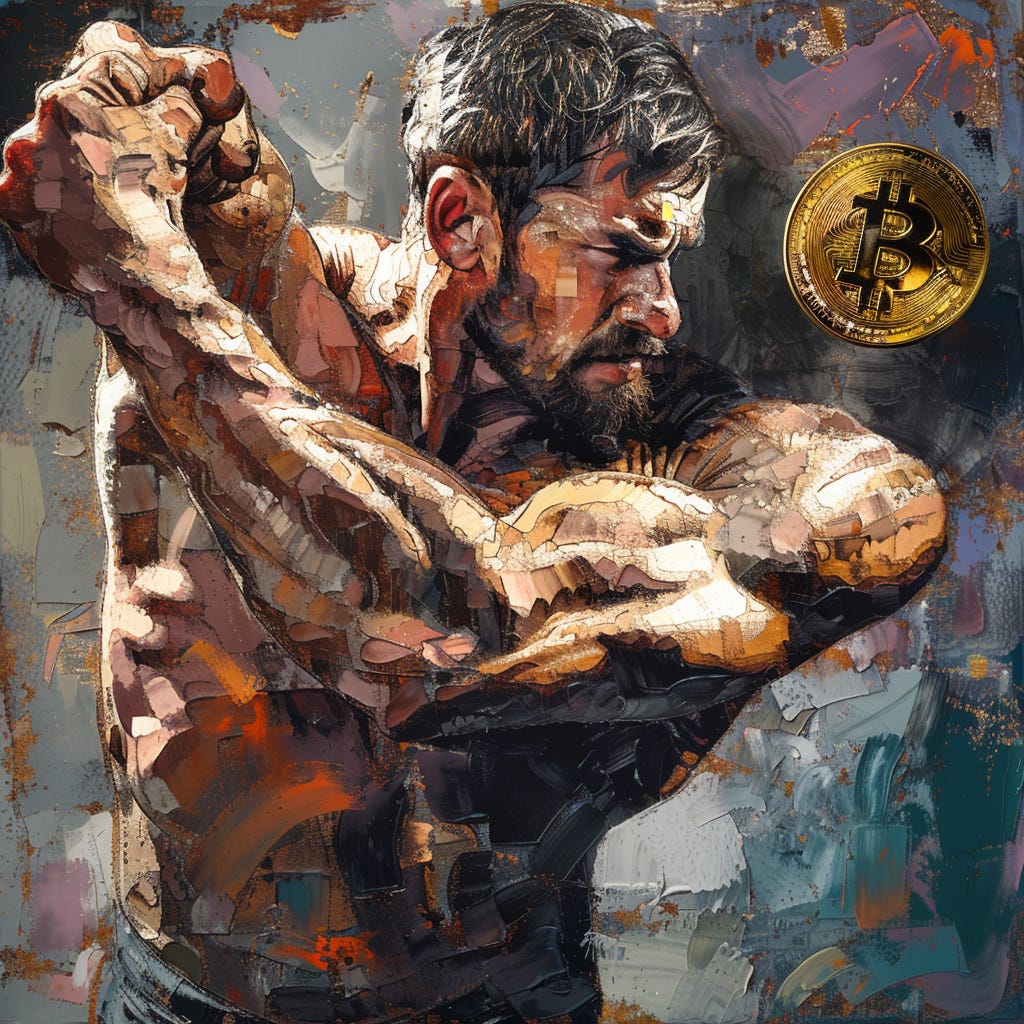Bitcoin, since its inception, has proven to be remarkably resilient, particularly when faced with government attempts to control or ban it. This resilience can be seen in historical context, with parallels drawn to Executive Order 6102 in the United States, and through contemporary examples such as China's crackdown on Bitcoin. The decentralized nature of Bitcoin, along with its peer-to-peer capabilities, makes it a challenging target for government intervention.
In 1933, Executive Order 6102 marked a significant moment in American history, banning the private ownership of gold and requiring citizens to turn in their gold holdings to the government. The aim was to combat hoarding during the Great Depression and “stabilize the economy.” Such theft of property, if taken against Bitcoin today, would present considerable practical challenges.
Unlike physical gold, which can be confiscated, Bitcoin exists in the digital realm. This means that seizing Bitcoin would require access to private keys. Some security setups are complex, incorporating multiple keys (like 2 of 3 multisig) in multiple locations, further increasing the degree of difficulty for a thief, including the government. The decentralized nature of Bitcoin means that these keys (if setup properly) are held by individuals, rather than centralized entities. The amount of effort it would take to track down all owners of Bitcoin and attempt to physically take the Bitcoin private keys would be impractical. This is also why Bitcoin ETF’s are not a good thing, because it would be quite easy for the government to take the coins from the custodians who hold them. If government attempts at theft become tiresome, it’s easy for an individual to take their Bitcoin to a less hostile jurisdiction (state or country). This is much more difficult to do with any significant amount of gold.
One of the key strengths of Bitcoin is its censorship-resistant nature. This has been demonstrated in various authoritarian countries' attempts to ban or restrict its use. China, for instance, has made numerous efforts to crack down on Bitcoin, including banning initial coin offerings (ICOs), shutting down cryptocurrency exchanges, and restricting mining operations. Despite these efforts, Bitcoin continues to thrive in China through peer-to-peer exchanges and underground trading. The Chinese government's actions have not eliminated Bitcoin; instead, they have driven it further into the decentralized, peer-to-peer sphere.
Furthermore, there are numerous examples worldwide where Bitcoin use flourishes in the face of hostile state pressure. Venezuela, facing hyperinflation and economic instability, has seen a surge in Bitcoin adoption as a means of preserving wealth. Iran, under strict U.S. sanctions, has turned to Bitcoin mining to circumvent financial restrictions. Also, Nigeria has seen significant government resistance to Bitcoin historically and regulatory flip-flopping, but that hasn’t stopped significant levels of adoption in this inflation-ravaged country. These examples illustrate Bitcoin's utility as a borderless, censorship-resistant form of money that can operate independently of traditional financial systems.
Peer-to-peer Bitcoin exchanges have played a crucial role in this resilience. Platforms such as Bisq and HodlHodl allow individuals to buy and sell Bitcoin directly with each other, without relying on centralized exchanges. These exchanges operate on a person-to-person basis, often using escrow services to ensure the security of transactions. This decentralized model makes it challenging for authorities to shut down or control Bitcoin trading, as there is no central point of attack.
Moreover, the ability to send Bitcoin peer-to-peer for payments further enhances its resilience. With Bitcoin, individuals can transact directly with each other, bypassing banks, rent-seeking payment processors, and government oversight. This feature has proven invaluable in situations where traditional financial systems are unreliable or inaccessible, such as during times of political turmoil or economic instability. Individuals who are dissidents and are being persecuted by authoritarian regimes have to have freedom money like Bitcoin to survive. Here’s a great story of a freedom fighter who understands this well:
In conclusion, Bitcoin's resilience in the face of government attack is a testament to its decentralized, peer-to-peer nature. Drawing parallels to historical attempts to control wealth, such as Executive Order 6102, and examining contemporary examples like China's crackdown, it is clear that Bitcoin has withstood significant challenges. The proliferation of peer-to-peer exchanges and the ability to transact without intermediaries highlight Bitcoin's adaptability and durability. As we look to the future, it seems likely that Bitcoin will continue to thrive as a decentralized form of money, resistant to censorship and control. Its brief yet eventful existence has already shown its ability to withstand the toughest of trials, marking it as a truly disruptive force in the world of finance.
Not financial or legal advice, for entertainment only, do your own homework. I hope you find this post useful as you chart your personal financial course and Build a Bitcoin Fortress in 2024.
Thanks for supporting my work. Always remember: freedom, health and positivity!
Please also check out my Bitcoin Fortress Podcast on all your favorite streaming platforms. I do a weekly Bitcoin news update every week on current items of interest to the Bitcoin community, usually 30 to 60 minutes depending on the number of topics to cover. Please check it out if you haven’t already. Also now on Fountain, where you can earn Bitcoin just for listening to your favorite podcasts.
Follow me on Nostr:
npub122fpu8lwu2eu2zfmrymcfed9tfgeray5quj78jm6zavj78phnqdsu3v4h5
If you’re looking for more great Bitcoin signal, check out friend of the show Pleb Underground here.







Revolut and DB digitalcard closed down my accounts without providing any explanation.
Canada froze Freedom Convoy Truckers accounts and also those of Canadians that helped them.
China .. well, what to say .. it's a communist country with social control and CBDC, the e-yuan.
But America, the land of freedom, the land of opportunities, the master of democracy for the rest of the world... to me has a lot to explain to its own citizens and to the world:
- 9/11
- Lehman 2008
- zero or negative interest rates for the past 15 years
- over 55 wars since WWII
- 2019 pandemic, mRna vax, FDA, Pfizer, Moderna, J&J ..
- the coming digital dollar (why, what for!!!)
- FTX and SBF
- 34T public debt
- invasion of illigal imigrants
- spot ETF on Bitcoin
... and the list goes on and on and on.
Bitcoin is the ONLY answer to all of the above questions and drama.
Buy Bitcoin, use your own custodial means, the end of the fiat system is very close.